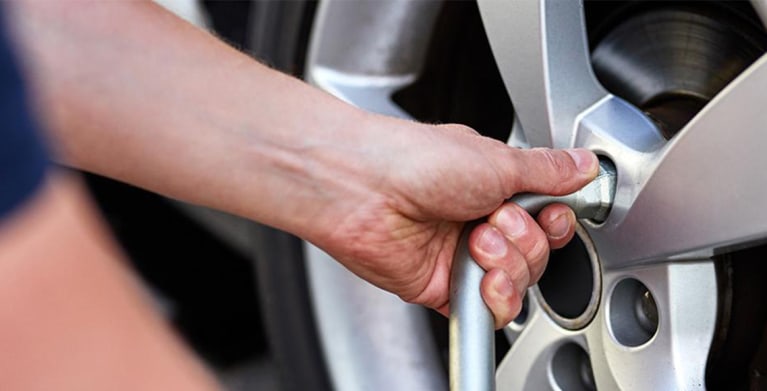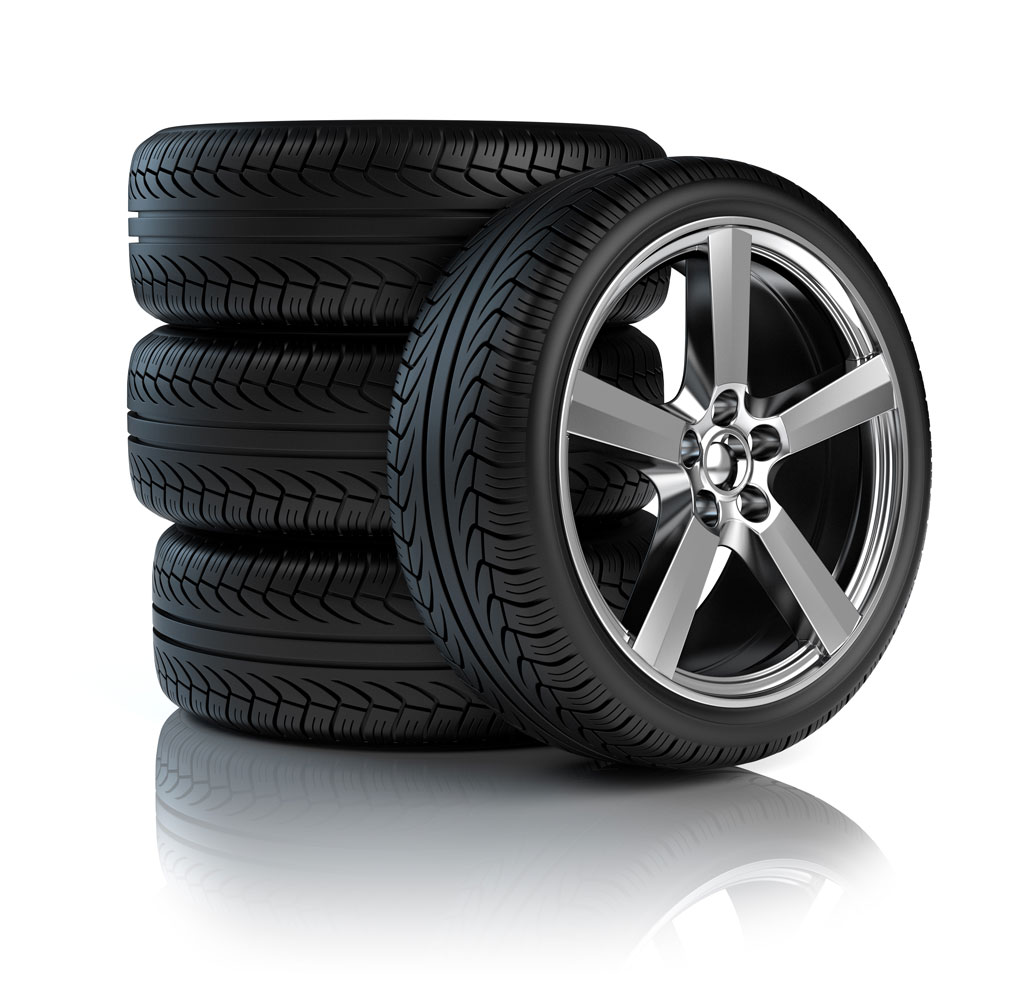Experience Precision with GMC Tire Service at Morris Tires
Experience Precision with GMC Tire Service at Morris Tires
Blog Article
Tire Solution: The Influence of Climate Condition
When it comes to making sure ideal efficiency and security when traveling, comprehending the effect of climate condition on tire solution is essential. From scorching heat to icy roadways, each climate aspect can considerably affect tire performance and overall driving experience. By diving into the results of differing climate condition on tires, drivers can gain useful insights that might improve their automobile's performance and longevity. In this conversation, we will discover the elaborate relationship in between weather and tire service, shedding light on the relevance of weather-specific tire upkeep practices and factors to consider.
Heat and Tire Performance
When revealed to high temperature levels, tires experience adjustments in efficiency that can significantly affect car safety and security and handling. The warm produced from extended driving or heat problems causes the tire rubber to soften, causing reduced tread life and increased wear. As the rubber ends up being softer, the tire's grasp when traveling reduces, impacting braking ranges and total traction. In severe situations, too much warmth can even trigger tire blowouts, presenting a serious security threat to the vehicle and its passengers.

Cold Weather Condition Impacts
Winter conditions can have a substantial effect on tire efficiency and safety. As temperatures drop, tire rubber can solidify, resulting in lowered traction on icy or snow-covered roads. In winter, tires might likewise shed air pressure much more swiftly, which can influence managing and fuel effectiveness. In addition, cold temperature levels can cause tire sidewalls to stiffen, raising the danger of damage from pockets or other road dangers.
To mitigate the impacts of cool weather on tires, it is critical to routinely check tire stress and inflate them to the manufacturer's advised levels. Utilizing winter or all-season tires developed for winter conditions can additionally boost grip and grip on icy or snowy roads. Appropriate tire maintenance, including routine examinations for wear and damage, ends up being much more important throughout cooler months to make certain optimum efficiency and safety.
Rainy Conditions Influence
During wet problems, tire efficiency and security can be significantly influenced by the damp roadway surface areas and decreased visibility. The walk pattern of tires plays a critical role in keeping traction on wet roads. Tires with worn-out footsteps are more susceptible to hydroplaning, where a layer of water builds up in between the roadway and the tire surface, causing additional resources loss of traction. To fight this, vehicle drivers must routinely examine their tires for ample tread deepness and think about spending in tires specifically designed for wet problems.
Furthermore, rainy weather can also decrease presence, making it testing for chauffeurs to see the road ahead clearly (GMC Tire Service). In such problems, it is vital to change driving rates appropriately and preserve a secure following range to enable sudden stops. Effectively filled with air tires can also help in keeping control on wet roads by providing better handling and hold
Snow and Tire Security
When driving in snowy conditions, having the best tires can make a significant difference in safety and security and performance. Wintertime tires are developed with unique rubber compounds and walk patterns to supply much better grip on snow and ice compared to all-season tires.

It is vital to adhere to supplier guidelines when mounting and using tire chains to prevent damages to the tires and vehicle. By selecting the ideal tires, preserving correct inflation, and taking into consideration additional grip help like tire chains, drivers can boost their security when navigating snow-covered roadways.
Weather-Related Tire Maintenance
When faced with different weather condition problems, appropriate tire upkeep becomes a critical aspect of car safety and performance. Weather-related tire maintenance encompasses a series of practices focused you could check here on making sure optimal tire feature and long life in different climate circumstances. One crucial facet of weather-related tire upkeep is tire stress policy. Rising and fall temperatures can trigger tire stress to vary, affecting grip and fuel efficiency. Regularly readjusting and examining tire stress according to manufacturer recommendations is important for safe driving in altering weather condition problems. Additionally, tire step deepness plays a substantial role in dealing with different weather condition components. Tires with ample tread deepness give much better grasp on damp or icy roads, decreasing the threat of skidding or hydroplaning. When step wear reaches a specific depth is vital for keeping grip and security in unfavorable weather condition, examining tire walk consistently and replacing tires. By focusing on weather-related tire upkeep, motorists can boost safety and browse around this web-site security, boost vehicle performance, and extend the life-span of their tires.
Verdict
In conclusion, climate conditions have a considerable impact on tire efficiency and safety. From warm impacting tire pressure and put on to cool climate decreasing grip, it is essential to take into consideration the climate when preserving and making use of tires.
In this discussion, we will check out the complex relationship between weather conditions and tire service, shedding light on the significance of weather-specific tire maintenance practices and factors to consider.

Report this page